Why We Need to Talk About Dyslexia (Even if It Makes Us Uncomfortable)
Let’s be honest for a second – how many of you rolled your eyes when you heard about another celebrity or billionaire claiming their “struggle” with dyslexia? Yeah, me too.
Here’s the thing: dyslexia isn’t some cushy excuse used by the rich and the famous people. It wasn’t some magic ticket to success for Albert Einstein, Thomas Edison, or Richard Branson. It’s real. And it can be a real pain in the ass.
As a kid, did you feel like something was fundamentally wrong with you? Like your brain was wired completely differently? Ever get that sinking feeling when the teacher asked you to read aloud and your stomach turned into knots? Or maybe you spent hours staring at a page, the words swirling into a jumbled mess, making no sense.
That feeling of frustration, of being different, of not being clever enough – that’s the ugly side of people with dyslexia *.
But here’s the kicker, and why we need to talk about it: those same dyslexic people you might roll your eyes at? They also tend to be some of the most creative, innovative, and outside-the-box thinkers this world has seen.
So, let’s cut the crap and dive headfirst into the world of dyslexia. Let’s understand those learning difficulties, the struggles, and most importantly, how countless historical figures – people deemed “slow” or “dimwitted” by their teachers – went on to change history. Because maybe, just maybe, there’s more to this learning disability than meets the eye.
Understanding Dyslexia
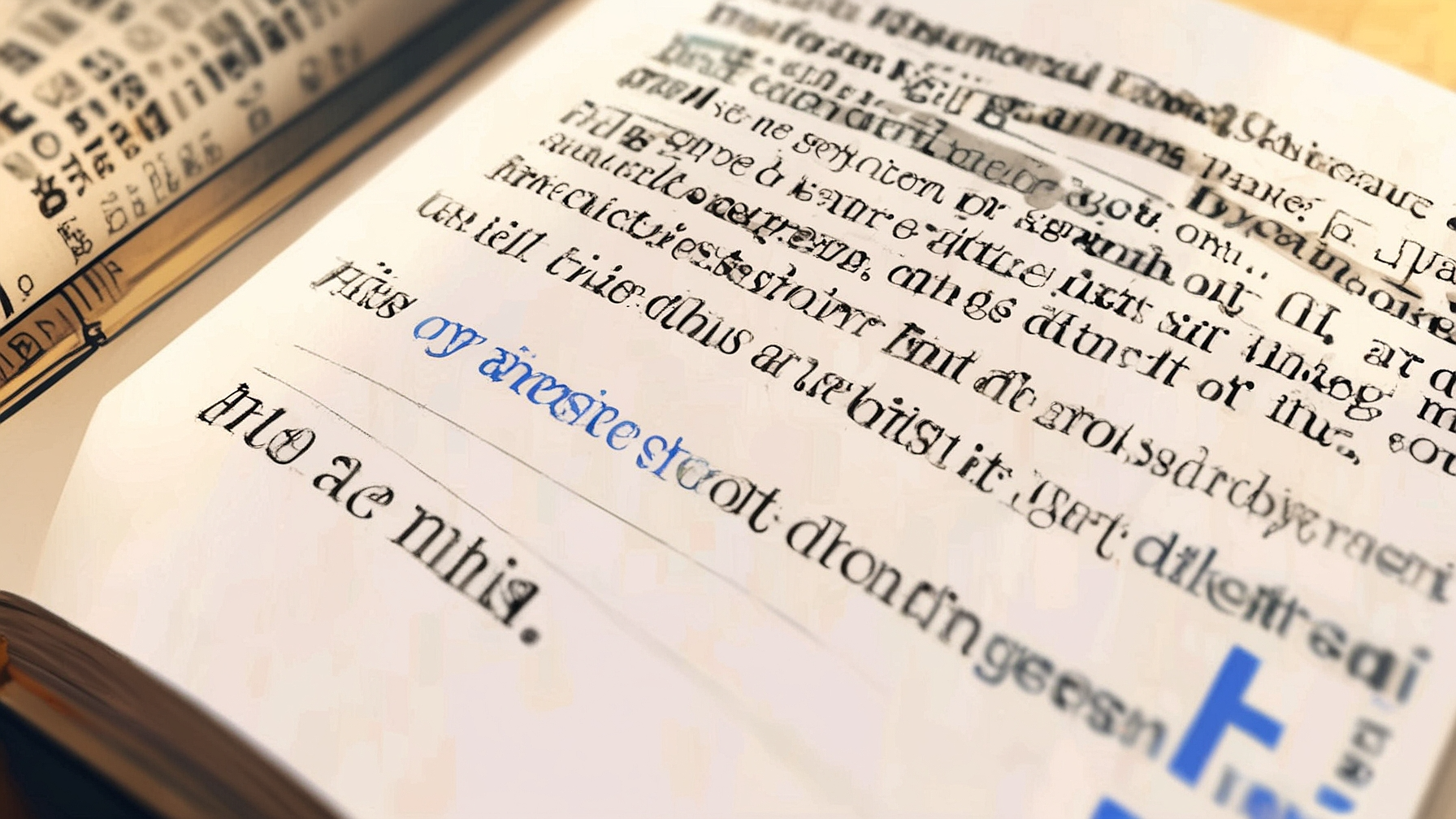
Definition and Characteristics of Dyslexia
Forget the sugarcoating – dyslexia is messy. It ain’t about seeing letters backward like the movies show. It’s a brain-based learning disability that makes it a royal pain to work with language. Reading, writing, spelling… sometimes they feel like an impossible puzzle.
Think of your brain like a giant filing system. Most people sort information neatly into those little folders, but a dyslexic brain? It’s more like a chaotic whirlwind of papers flying everywhere. Words get jumbled and twisted, making it harder to recognize them or connect them to sounds. And spelling? Don’t even ask.
Here are the main hallmarks of dyslexia:
- Decoding Difficulties: Reading feels slow and labored, even with familiar words.
- Phonological Awareness Trouble: Breaking down words into smaller sounds is a nightmare – rhyming, anyone?
- Sucky Spelling: Inconsistent spelling is the name of the game, and don’t get me started on grammar…
- Comprehension Chaos: Reading might get done, but understanding the meaning of those darn sentences is another story.
Challenges Faced by Individuals with Dyslexia
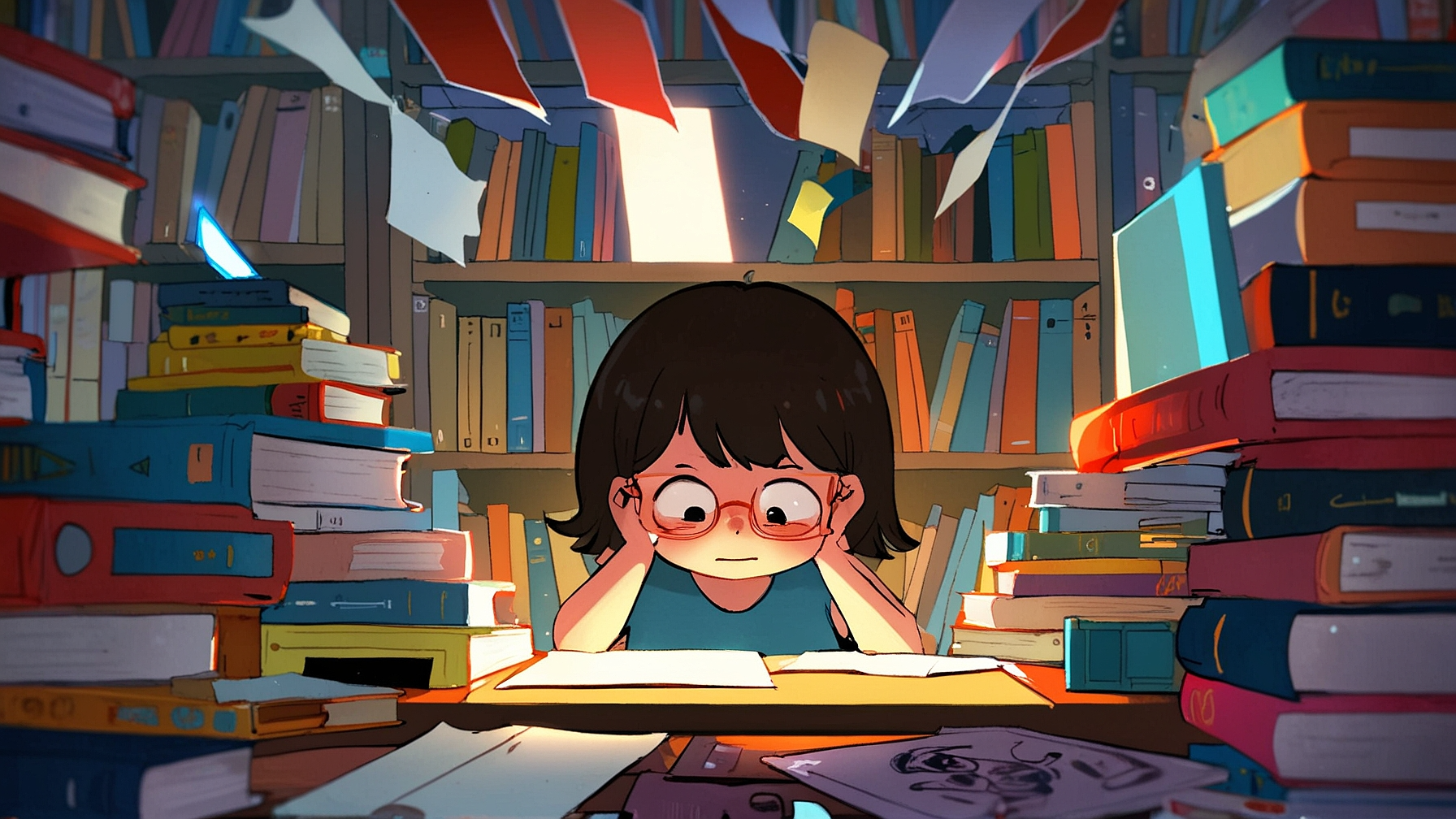
Dyslexia doesn’t just vanish the moment you leave school. It’s a beast that follows you, messing with you in everyday life. Imagine:
- Workplace Woes: Job applications, reports, those neverending emails… they might as well be in a foreign language. And heaven forbid those work presentations!
- Social Struggles: All those unspoken rules of conversation, the lightning-fast way “normal” people chat? It can feel overwhelming and exhausting for someone with dyslexia.
- Emotional Toll: After years of feeling “less than,” dealing with frustration, and maybe even being mislabeled as lazy or unintelligent, dyslexia can take a hit on your self-esteem.
Now, let’s not get all doom and gloom here. Let’s remember – a dyslexic brain is unique, and with the right approach, those challenges can be faced head-on.
What do you think – does this capture those sections in a relatable and honest way? Ready for me to highlight some famous examples?
Famous Historical Figures with Dyslexia
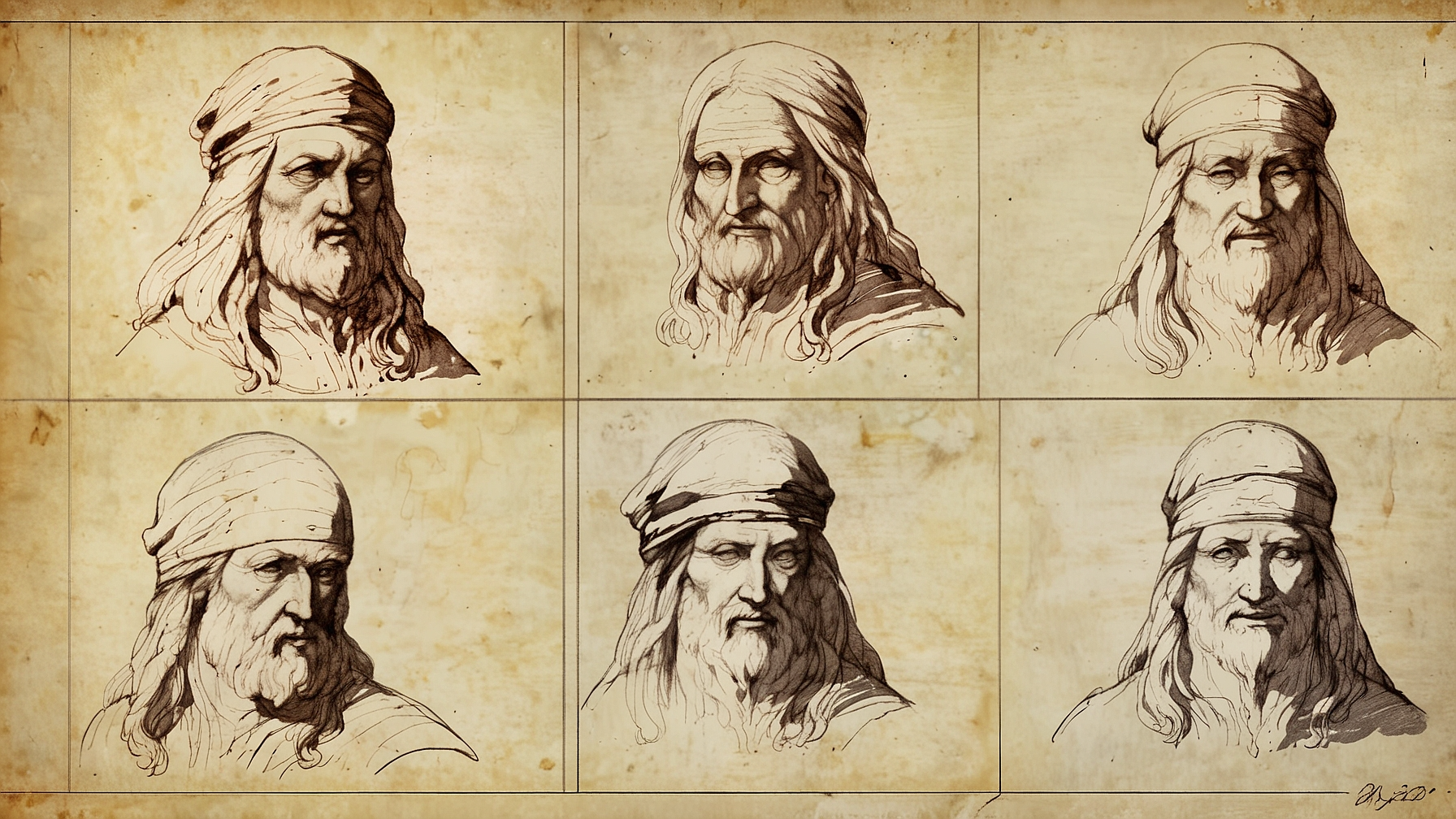
Buckle up, because we’re about to go way back and rewrite the narrative about some of history’s greats. These weren’t just geniuses; they were dyslexic geniuses who overcame major challenges to leave their mark on the world.
1. Leonardo da Vinci
The ultimate Renaissance man! Artist, scientist, inventor…you name it, he did it. But da Vinci wasn’t some picture-perfect prodigy either.
Early Life and Struggles with Dyslexia
Leonardo’s early years were rough. His formal education was limited, and he often struggled with traditional subjects. Many believe his mirror writing (writing backward) was a way to cope with dyslexia.
Achievements and Legacy
Despite his unconventional learning style, da Vinci unlocked an incredible mind. His dyslexic brain likely fueled his intense curiosity, his obsession with detail, and his talent for visualizing things in three dimensions.
Forget the “Mona Lisa” for a second; this guy designed flying machines centuries before airplanes! From groundbreaking anatomical studies to ingenious inventions, da Vinci’s legacy is all about pushing boundaries and thinking beyond the box – something many dyslexic people excel at.
2. Thomas Edison
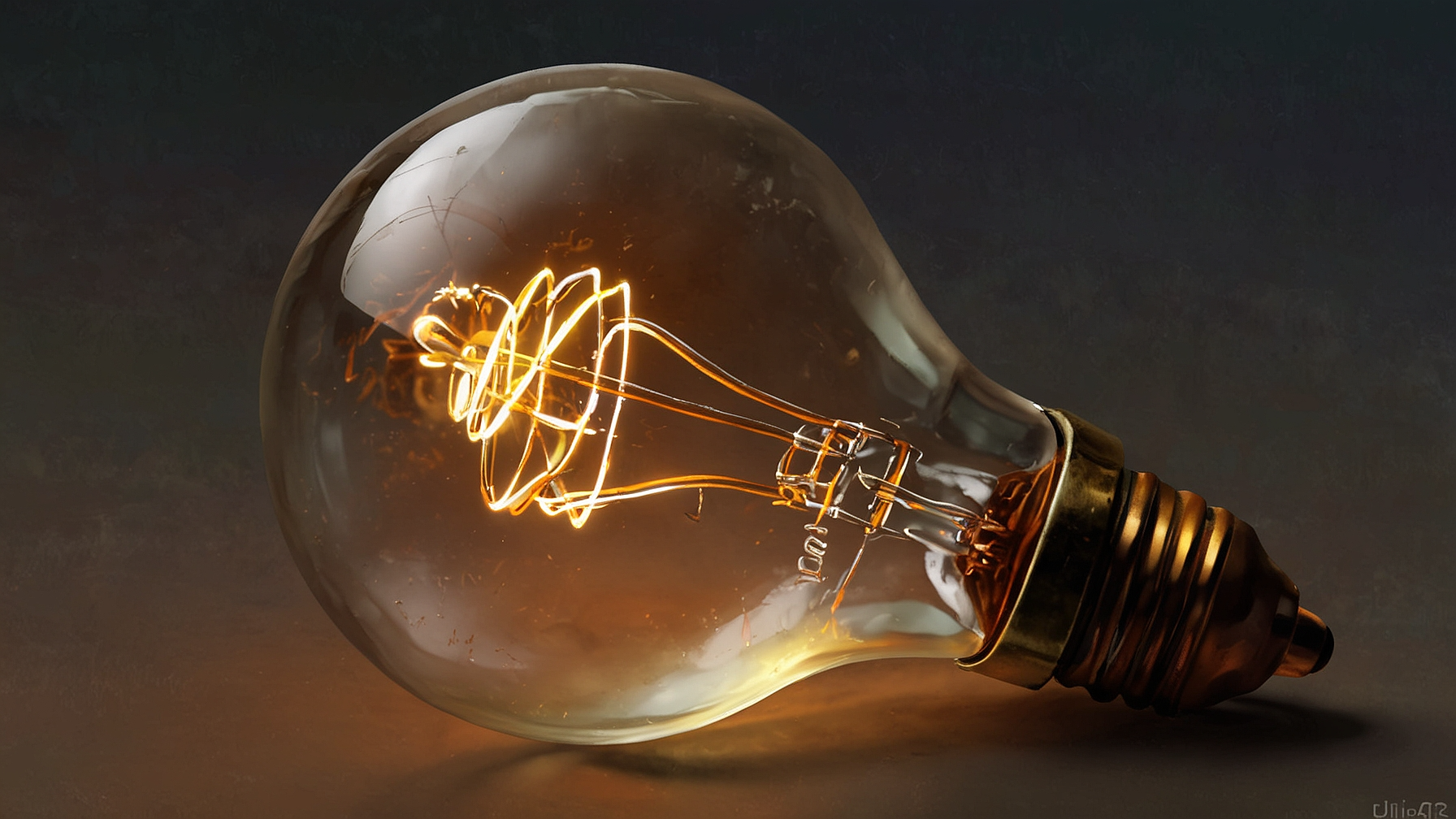
The man behind the lightbulb? Yep, and also a classic example of early educational struggles.
Educational Challenges and Dyslexia
School was a disaster for young Edison. Called “addled” by his teachers, he lasted only a few months in a traditional classroom before his mother took over his education. This was likely due to undiagnosed dyslexia making reading and writing a major chore.
Inventions and Impact
Edison’s brain was wired for practical problem-solving, not book learning. With over 1,000 patents to his name, he was the definition of a hands-on thinker. His tenacity was downright legendary, as was his ability to see possibilities (and commercial value) where others saw dead ends.
So, did dyslexia give these guys superpowers? No. But it did force them to think differently, to find alternative solutions, and to trust their own unique perspectives – and that’s what makes their stories so powerful.
Overcoming Dyslexia: Lessons and Inspirations
Look, dyslexia isn’t going to disappear with a magic potion. But here’s the good news: the right strategies, support, and a whole lot of self-belief can truly change the game.
Strategies for Coping with Dyslexia
- Tech is Your Friend: Dyslexia-friendly tools are everywhere! From audiobooks and text-to-speech software to spellcheckers and special fonts, technology can bridge the gap and make reading and writing a lot less stressful.
- Multi-Sensory Learning: Who says learning has to be through books? Explore videos, hands-on activities, and visual aids to help information stick.
- Strengths FTW! Dyslexic brains are powerhouses of creativity, problem-solving, and big-picture thinking. Leaning into those strengths builds confidence and opens up a whole different career landscape.
- Get Support: Teachers, tutors, therapists, or even online communities of people who get it – finding your tribe is crucial for support and strategies.
Impact on Education and Society
We need a big shift in how we view dyslexia. Here’s the deal:
- Early Diagnosis is Key: The sooner dyslexia is identified, the sooner a kid can get the right tools and the support they need. This is about preventing those feelings of failure so common in undiagnosed kids.
- Accommodations Rock: It’s not about “handouts.” It’s about giving dyslexic students a level playing field – more time on tests, access to assistive technology, flexibility. They can do the work, they just need to do it differently.
- Beyond Labels: It’s time to ditch the stigma and recognize the unique contributions of dyslexic thinkers. We need more teachers trained in dyslexia, and we need workplaces that value different problem-solving styles.
This isn’t just about helping dyslexic individuals thrive; it’s about creating a world that benefits from their incredible and diverse ways of thinking.
Conclusion
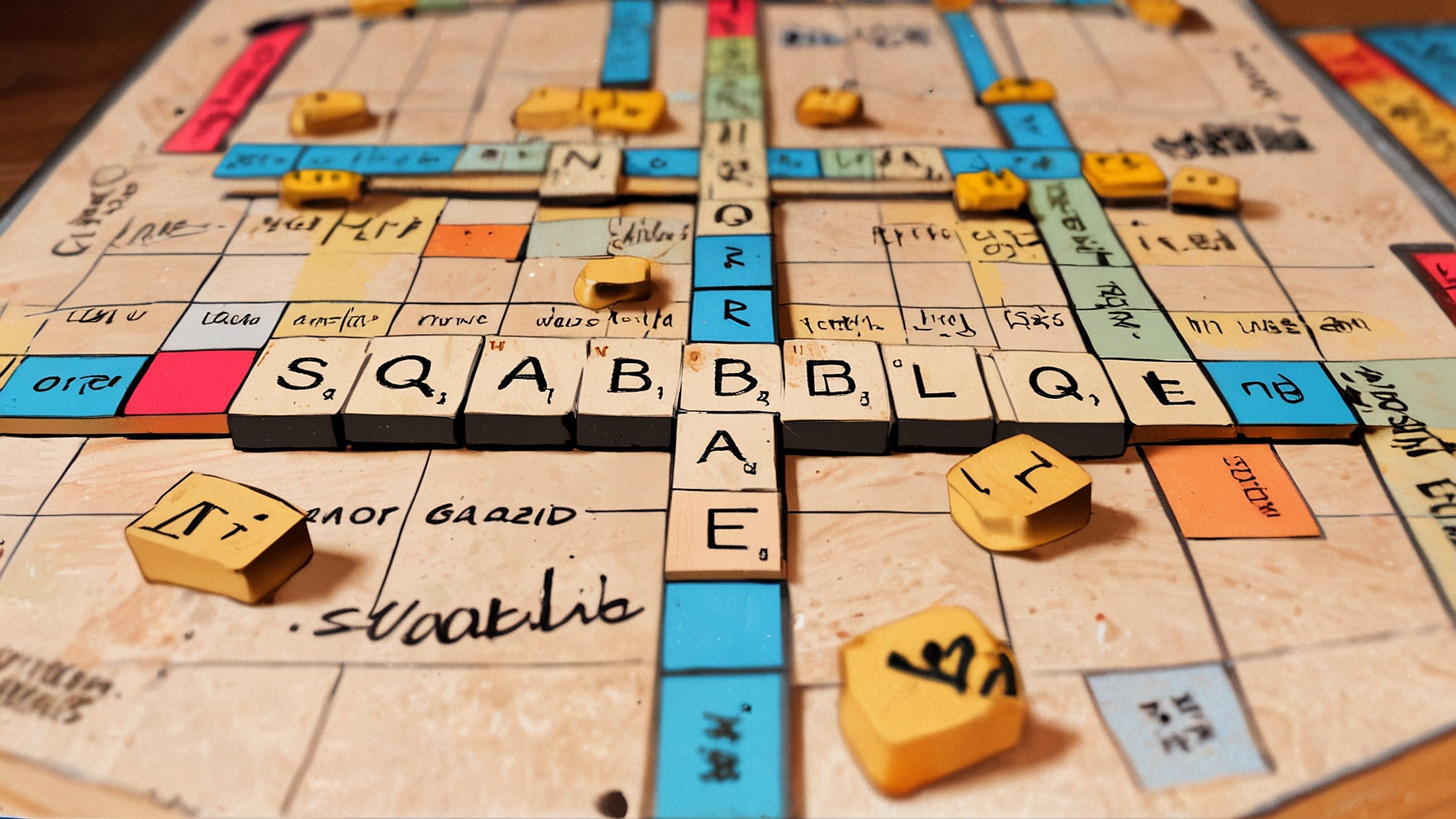
So, here’s the takeaway: dyslexia is a challenge, not a curse. It’s a different way of wiring, a messy mix of frustration and hidden brilliance. Those famous dyslexics we talked about? None of them would have traded their struggles; it was part of what made them who they were.
If you’re a parent of a dyslexic child, don’t despair. Empower them. Focus on strengths, champion their unique minds, and fight for the support they deserve.
And if you’re out there kicking ass with dyslexia, don’t downplay your journey. Own your struggles, celebrate your achievements, and know that those scrambled words and mismatched letters hold potential that most other famous people with dyslexia will never understand.
Dyslexia is not about being less; it’s about being different. And in a world that needs more creative problem-solvers and outside-the-box thinkers, that difference is a superpower in disguise.
